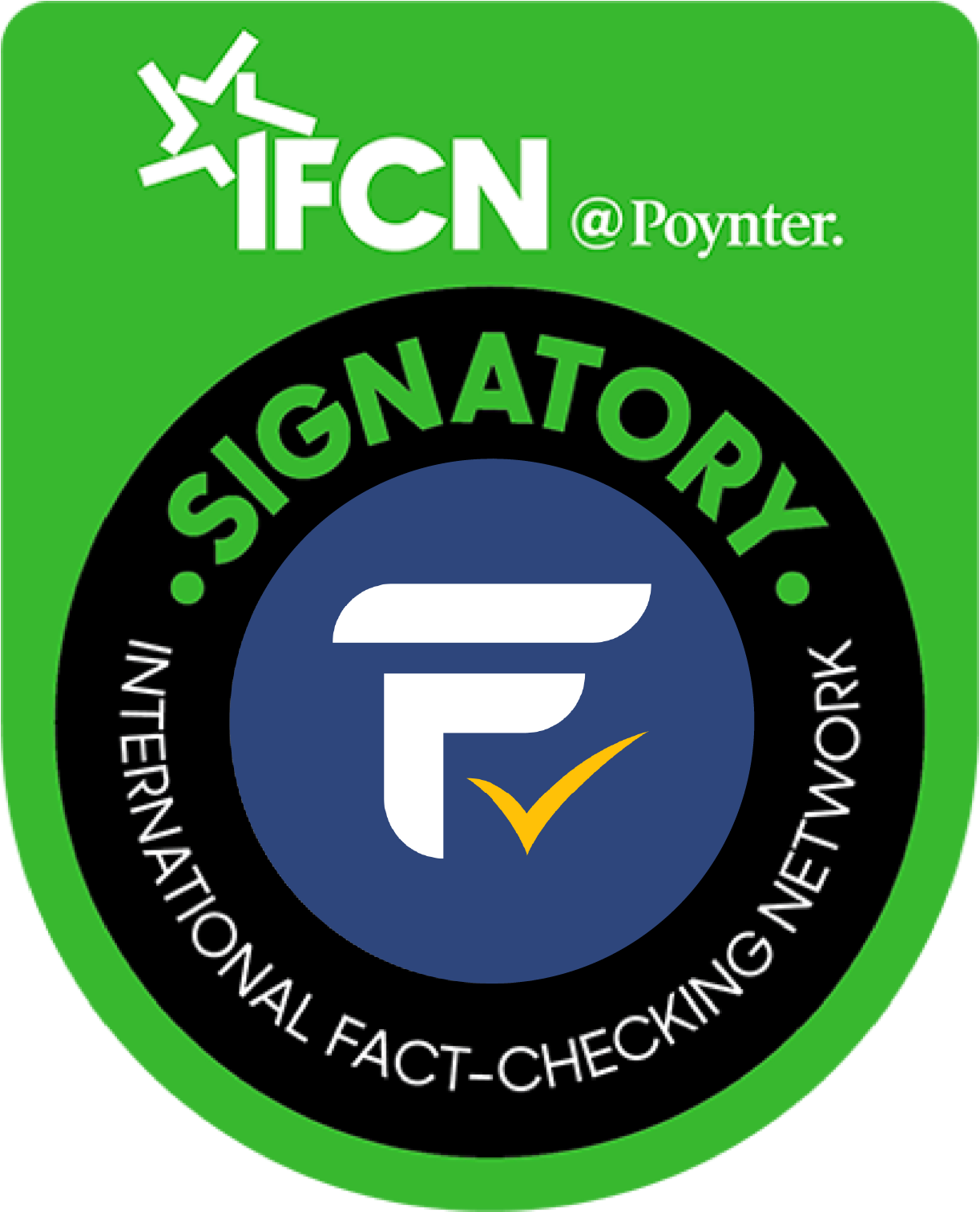發布日期 (HKT) 2020-12-31
HKBU launches fact-checking service to fight fake news
With the vision of providing an authoritative, professional and impartial fact-checking service amidst the proliferation of fake news, and to improve the public’s media literacy in the digital era, the School of Communication at Hong Kong Baptist University (HKBU) launched the HKBU FactCheck Service today (29 December). It is the first research-based, systematic fact-checking service launched and operated by an independent academic institution in Hong Kong.
First fact-checking service operated by a Hong Kong academic institution
As a “research-public service” product, the Service is characterised by a high level of transparency as well as an integration with academic research in journalism and communication studies. It develops towards the direction of a human-machine hybrid intelligence system, representing an innovative concept of Artificial Intelligence (AI)-supported fact-checking.
The pilot run of the Service involving manual fact-checking was carried out in September this year. Selected suspicious content appearing in popular online and social media platforms in Hong Kong were identified for investigation by the project team. The topics covered politics, business, health, science and other social issues. Results of the fact-checking were shared on the Service’s website and social media platforms including Facebook and Instagram.
Mobile app for crowd-sourced fact-checking
The Service will be further enhanced with the launch of the BU FactCheck app. It serves as a platform on which the Service’s project team joins hands with veteran media practitioners to conduct fact-checking.
The app, currently in soft launch, applies a crowd-sourced fact-checking strategy to aggregate ratings, comments and suspicious content by experts. Media professionals will be invited to register for the app, act as contributors and participate in the fact-checking process of information carried in viral posts. They can upload evidence to the app related to suspicious content in various formats such as pictures, videos, text and web-based information. Aggregated fact-checking results will be published via the app. Suspicious claims will be classified in categories including “True”, “Partially True”, “False”, or “Unsubstantiated”.
The public can also download the app soon to receive up to date fact-checking results.
Fact-checking characterised by credibility and transparency
The HKBU FactCheck Service is operated jointly by the AI and Media Research Lab and Institute for Journalism and Society of HKBU’s School of Communication, and is under the University’s System Health Lab. It is co-directed by the School of Communication’s Dr Celine Song, Associate Professor, and Mr Raymond Li, Associate Professor of Practice, and is managed by Dr Stephanie Tsang, Assistant Professor, with the support from Dr Nick Zhang, Assistant Professor.
“Through publishing fact-checking articles regularly, the Service is dedicated to raising public awareness of misinformation, guiding the public to determine what is false and truthful information, and advancing journalism teaching and learning. At a later stage, the project will make use of the collected data to develop a resourceful AI-supported data platform for carrying out impactful research projects,” said Dr Celine Song.
Mr Raymond Li said: “The mobile app facilitates interaction between scholars, professionals and individual citizens. It enhances the efficiency in identifying fake news in a way that has a high level of credibility and transparency. With HKBU’s extensive network in the media and communication industry, I believe we can take a leading role in providing a trustworthy fact-checking service for the community.”
Future development: Computational approach to fact-checking
The project team is planning to develop an annual index of news credibility on selected topics and platforms. Annual reports will be published to review and give insights into the status of disinformation in Hong Kong. In the long run, the Service plans to accept third party requests in conducting theme-based academic surveys and fact-checking on specific issues.
The Service is in the process of developing Hong Kong’s first Cantonese language AI-supported Misinformation Research Database, which adopts a computational approach to fact-checking. Instead of selecting suspicious claims manually and conducting fact-checking in a time-consuming manner, a system driven by AI algorithms will be developed to enable automatic detection and fact-checking of viral and suspicious information.
With this platform in place, researchers can search and browse extensive multi-labelled datasets about fake news in Hong Kong. It will benefit the academic community in its journalism research, and assist policymakers and the public in detecting social trends as well as taking necessary actions to fight misinformation.












 :
:  : 3411 7375
: 3411 7375 :
: